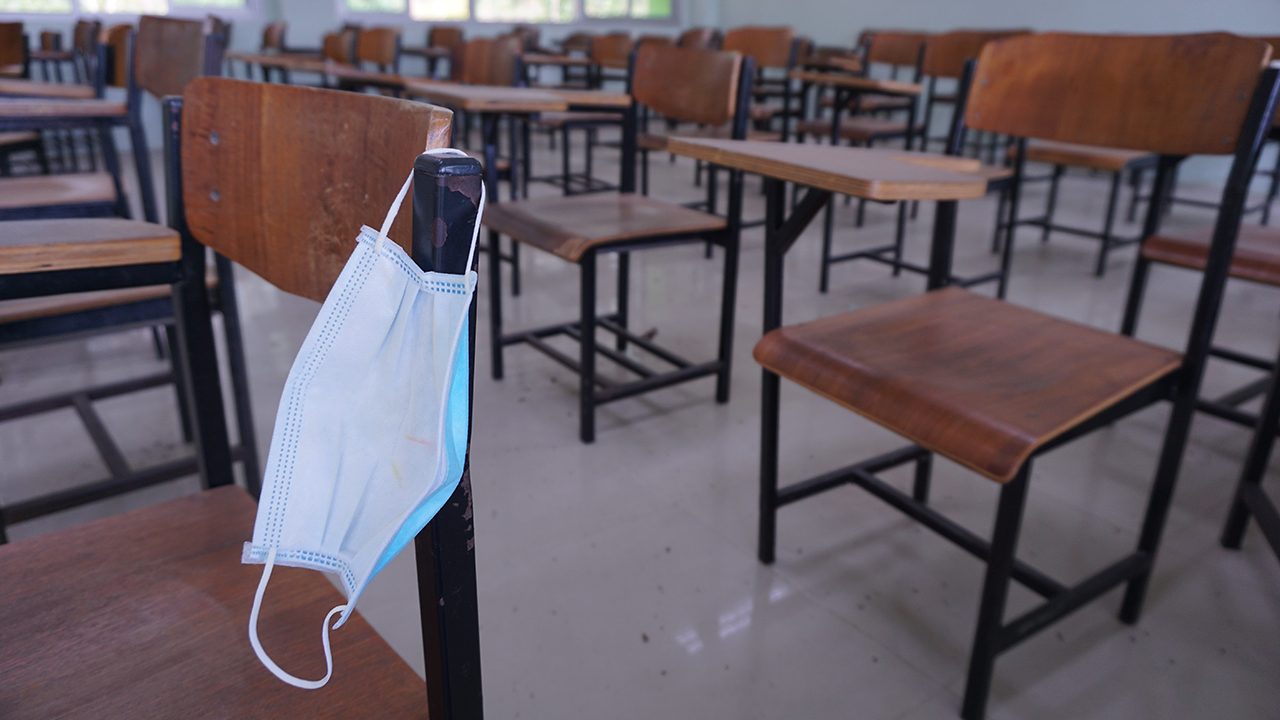SUMMARY
This is AI generated summarization, which may have errors. For context, always refer to the full article.

The Philippine Association of State Universities and Colleges (PASUC) has estimated that a total of 44,069 college students of state universities and colleges (SUCs) will not enroll for academic year 2020-2021 as the country deals with the COVID-19 pandemic.
PASUC President Tirso Ronquillo reported this in a virtual meeting of the House committee on higher and technical education on Thursday, September 10.
“Common reasons are fear of contamination, financial problem, lack of gadgets, and their residence relative to the university,” Ronquillo said.
The figure was based on the 108 SUCs that participated in the survey conducted by PASUC. There are 112 SUCs in the country.
Meanwhile, there are some 4,000 basic education students and over 6,300 graduate students, whose schools are under SUCs, also won’t be enrolling this year.
PASUC estimated that over 1.3 million combined basic education and higher education students under SUCs will enroll this year. Of this total, 1.1 million are college students.
According to CHED, there were over 1.3 million higher education students who enrolled in SUCs during academic year 2018-2019.
Of the 108 SUCs, two have begun their classes in July; 39 in August; 44 in September; and 23 in October.
During Thursday’s meeting, Ronquillo said that 102 SUCs are using combined online synchronous and remote asynchronous learning, while 6 SUCs will only be using the asynchronous form.
“Online synchronous” is a form of flexible learning where students will attend classes as their professors or instructors deliver lessons in real time, using web-based classroom tools.
Meanwhile, “remote asynchronous” means students will study at their own pace, and does not necessary require internet connectivity. Printed modules or digital course packs will be provided to them.
Many students and groups have also called for an “academic freeze” as the country fights the pandemic. They pointed out that the coronavirus lockdown affects household finances, and many Filipinos don’t even have access to a computer or the internet. (READ: Youth group urges Duterte to order ‘academic freeze’ until January 2021)
Students are seeking help on social media so they could buy laptops or gadgets needed for their online mode of learning. (READ: #PisoParaSaLaptop: Students seek help for online learning)
All college students of the 112 SUCs across the country are covered by the free tuition law. – Rappler.com
Add a comment
How does this make you feel?
![[Time Trowel] Mentorship matters](https://www.rappler.com/tachyon/2024/04/mentorship-matters.jpg?resize=257%2C257&crop_strategy=attention)


![[ANALYSIS] The multiplier effect of negligence in education](https://www.rappler.com/tachyon/2024/04/The-multiplier-effect-of-negligence-in-education.jpg?resize=257%2C257&crop=277px%2C0px%2C720px%2C720px)

There are no comments yet. Add your comment to start the conversation.